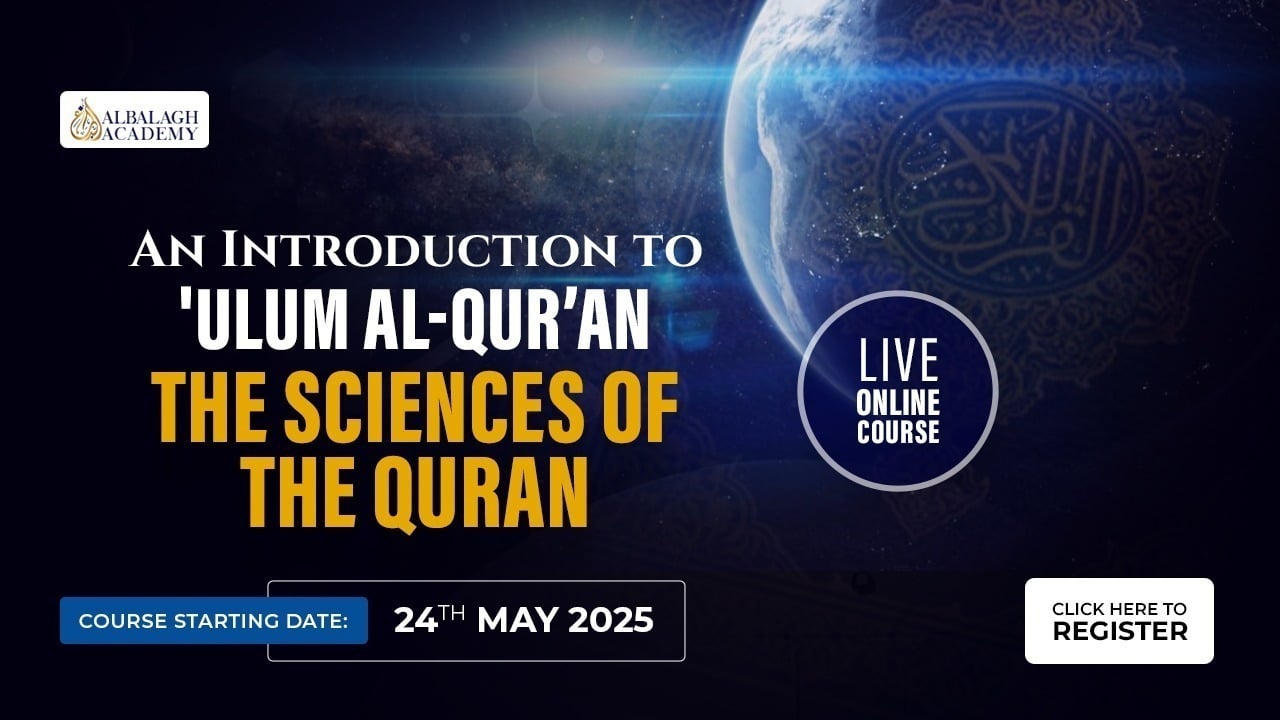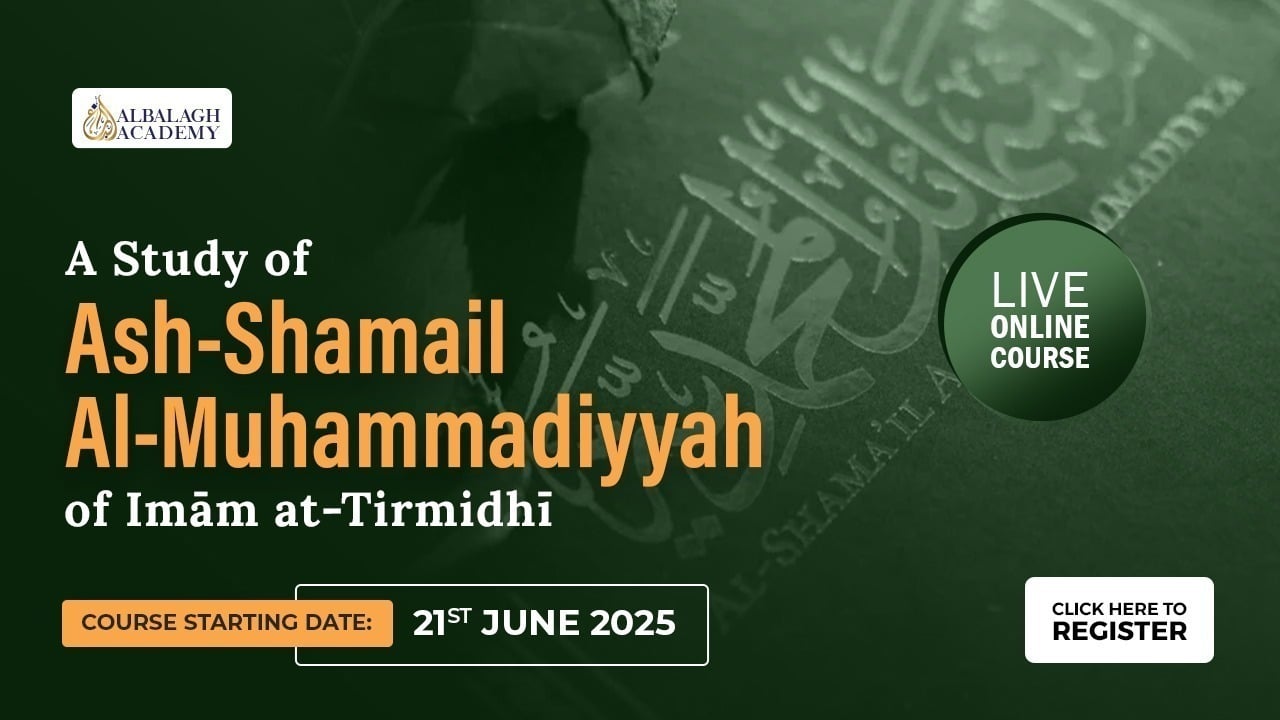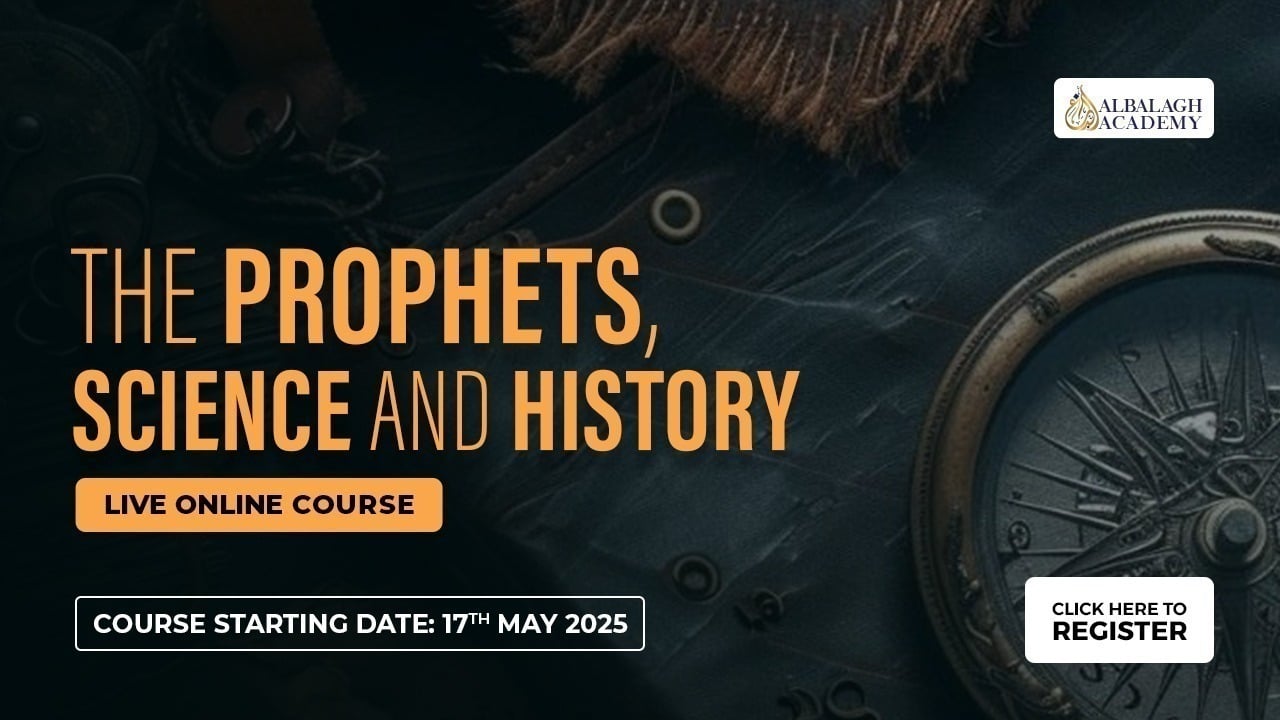The Qur'an, Orientalism and Modern Thoughts
Build the foundation on the Orientalist approach to Qur’anic interpretation, reliability, authenticity, and divine origin. A broad study of the discourses and issues revolving around long-held stereotypes, theories or presuppositions of the orientalists about the Qur’an and its divinity.
About The Course
This comprehensive online course aims to provide an in-depth critical study of Orientalists about Quranic interpretation, Quranic reliability, authenticity and its divine origin. It provides the foundation for evaluation, analysis, enhancement of the discourses and issues revolving around long-held stereotypes, theories or presuppositions of the orientalists about Quran and its divinity. It will also critically analyse the contemporary literature related to the Quran and its interpretation written by modern Muslim writers and Muslim liberals in light of the principles of Quranic exegesis (Tafsir).
Course Team

Mufti Muhammad Ibn Adam
(Darul Iftaa, Leicester, UK)

Ustadh Sharif Randhawa
(Bayyinah Institute & the Centre for the Advanced Study of the Quran and its Interpretation)
AT A GLANCE
20 Live Online Sessions
Duration: 6 Months
Video Recordings Available
Sundays : 3:00PM - 4:30PM BST

Mobile App
Certificates
Enrol Now
Next Batch Starts from 13th June, 2021
Course Fee:
Pay in Full:
(Considering the prevalent situation due to COVID-19, we are providing 50% scholarship on this Course)
Pay in 6 Instalments: £4.99 per month for 6 months
AlBalagh Scholarship
AlBalagh Scholarship is available for learners who cannot afford the fee.
Course Team

Ustadh Sharif Randhawa
(Bayyinah Institute & the Centre for the Advanced Study of the Quran and its Interpretation)
Main Modules
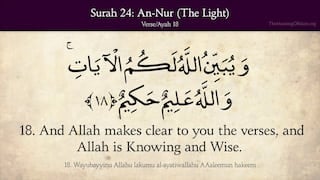
1. Intro to the Course and English Translations of the Quran
- Introduction
- Terminologies
- Exegesis ( Tafsir) and Quran – Principles
- Orientalism and Modern Thoughts– An Overview
- Important Reading

2. English Translations of the Qur’an
- English Translations – An Overview
- Reliable Translations
- How to verify the authenticity?
- Orientalists and English Translations

3. The Divine Origin of the Quran – Deconstructing the Orientalists Views
- Main Doubts on the Divine Origin of the Quran
- How to Resolve these Doubts

4. The Preservation of the Quran – Responding to the Orientalist Doubts
- Main Objections on the Preservation
- How to Respond?

5. The Alteration of the Quran and Shi’ism – Finding the Truth
- The Quran and Alteration – Finding the Shia Position
- Responding to Doubts
- Islamic Position

6. Quranic Reliability and Documented History
- Documented History and Archaeology – An Overview
- Refuting “ Islam: in Light of History”
- Key Objections
- How to Address these Objections?

7. Religious Tolerance and Interfaith in the Quran – Finding the Truth
- Christians and Jews in the Quran
- Polytheist in the Quran
- Main Doubts
- Is the Quran Intolerant of other Religions?
- How to Address these Doubts?

8. Rationality and Morality – Addressing the Objections
- Main Objections
- War and Peace
- How to Address these Objections?
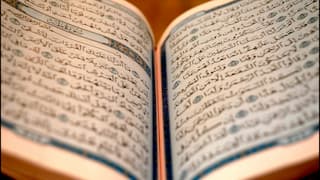
9. Miraculous Nature of the Quran – Responding Criticism
- The Miraculous Language of the Quran
- Literary Criticism
- Quranic Miracles

10. Modern Muslim Writers and the Quran - A Critical Analysis
- “Tafseer-Bil-Ray”: (a Quranic Interpretation based on personal opinions and views)
- Reliable Sources for Quranic Interpretation
- Unreliable Sources
- Inaccuracies in Exegesis (Tafsir) – Reasons
- Incompetence
- Subjecting the Quran to the one’s Own Views
- Being Impressed with Philosophy, Social or Economic Culture or Prevalent Ideologies
- Misunderstanding the Quranic Subject
- Checklist to Identify the Competency of the Scholars in Quranic Exegesis (Tafsir).
- Checklist to Identify the Inaccuracies in the Exegesis (Tafsir).

11. Contemporary Thoughts and Quran - A Critical Analysis – Part 1
- Sir Syed Ahmad and His “Tafsir al Quran”- A Critical Analysis
- Waheeduddin Khan and the Quran– A Critical Analysis
- Ghamidi and His Views about the Quran

12. Contemporary Thoughts and Quran – A Critical Analysis - Part 2
- Quran and Reform: Rahman, Arkoun, Abu Zayd
- Dr Fazlul Rahman
- Nasr Hamid Abu Zaid
- Muhammad Arkoun
- Nurcholish Majdid
- Mohamed Talbi on Understanding the Quran

13. Contemporary Thoughts and Quran – A Critical Analysis - Part 3
- Hyseyin Ateays approach
- Mohamed Shahrour’s “Al Kitab Wal Quran”
- Sadiqh Nayhum and His Views

14. Quran and Modern “Isms” – A Critical Analysis
- Quran and Atheism
- Main Objections raised by Atheists against the Quran
- Islamic Position
- Quran and Feminism
- Main Objections raised by Feminists against the Quran
- Fatima Mernissi and Amina Wadud
- Violence against women
- Male vs Female
- Islamic Position
Course Overview
The course will equip learners with an accurate and in-depth understanding of the Quran and Orientalism. It will critically engage in and analyses perspectives and perceptions held by Orientalists, Modern Muslim Writers and Muslim Liberals about the Quran and Quranic Exegesis. These approaches will be tested against the methods employed by classical scholars, specialists and experts of Quranic exegesis (Tafsir). The course will present a critical exploration of how Orientalist assumptions and inherent distortions often shape ideas purported by Scientism, dogmatic Atheism and Feminism. These distortions and assumptions on Quranic discourses will be deconstructed.
The course will lay a foundation for a clear route to understanding the divine nature of the Quran, its robust preservation methods, its approach to morality and religious tolerance, as well as explore the idea of Quranic alteration present in the literature of Shi’ism. There will be a particular focus for students to develop a distinct ability to identify authentic approaches to Qur'anic exegesis in light of the positions and arguments of the eminent scholars of the field of exegesis (Tafsir).


Learning Objectives
On Successful Completion Of This Course, The Students Will Be Able To:
- Develop a distinct understanding of Orientalism and contemporary approaches to Quranic Studies.
- Examine Orientalist approaches to Qur’anic Authenticity, Reliability and its divine origin, and evaluate these opinions.
- Analyse critical concepts and ideas discussed in the literature written by Orientalists, Muslim Modernist Writers and Muslim Liberals about the Quran and its interpretation.
- Compare and evaluate opinions held by Orientalists, Modern Muslim writers and liberals on Quranic Exegesis.
- Demonstrate an ability to identify and explain unreliable exegetical methods from reliable and accepted exegetical methods and approaches.

Frequently Asked Questions
Are Al Balagh courses recognised or accredited?
Al Balagh courses do not provide an externally accredited or recognised qualification. Our own expert team works at the course content. With over 5000+ learners, we are continuously growing and our vision is to make Al Balagh qualifications renowned worldwide through our expert team, without seeking formal accreditation or recognition from external institutional bodies.
How is this online course structured?
Our online course comprises live interactive online sessions, pre-recorded videos, online course material that include, presentations, reading material & online learning activities. Students may ask questions and get their doubts cleared from their respective lecturers, if any. Our dedicated academic support team will assist you as required.
When will I have access to the online course material?
Upon successful enrollment, you will get access to myAlBalagh (our online learning portal) within 24 hours.
Will I get notification for live sessions?
All students will receive notification for their course live sessions via email and/or course WhatsApp group. You may also check the Course Schedule tab on your dashboard after logging in on our website or Mobile App.
Is it mandatory to attend live sessions?
We always encourage attending live sessions among students, but it is not compulsory for technical course progress of the students.
I missed a live session. Can I get the video recordings?
If you are unable to attend a live session or have missed it, you can view recorded sessions on your course dashboard. You can access all the completed Recordings, PPT and assessments anytime.
Can I download the recordings and watch it offline?
You can download recordings and PPT of the course sessions from the myAlBalagh mobile App for all the enrolled courses.The recordings will be available for students after 48 hours of the live session.
Do I get marks for watching course recordings and presentations?
There are no additional marks for watching the course recordings. Only the module Assessments and the final exam add up to the final score.You can check the individual scores of your Assessments under the Progress tab of myAlBalagh.
I have doubts but I cannot attend the live session. Any other way to ask my questions?
You can discuss your doubts via Course WhatsApp Group dedicated for student discussion or access the Discussion Board on myAlBalagh. It is a platform for you to ask questions, discuss and get your doubts cleared.
When will the final exam be held?
The Final Exam will be held at the end of the course and will be a Graded And Timed Exam.
How do I interact with my classmates?
You can interact with your classmates on our Whatsapp Group exclusive for the course students. Furthermore, you can use the Discussion Board to connect with other course students as well.
How long will I have access to the online course?
You will have access to the online course content for up to 2 years. If you want lifetime access, contact our admin team via Email at [email protected].
I am facing trouble signing into the “myAlBalagh” Online Student portal. What should I do?
In case you find any trouble accessing your account, then please contact us immediately. Our dedicated support team will ensure that your problem gets resolved at the earliest.
How can I apply for the Al Balagh Scholarship?
Al Balagh Academy values seekers of knowledge more than anything. Please visit here to apply for a scholarship. Our team will assess your application and respond in 2-3 working days.






